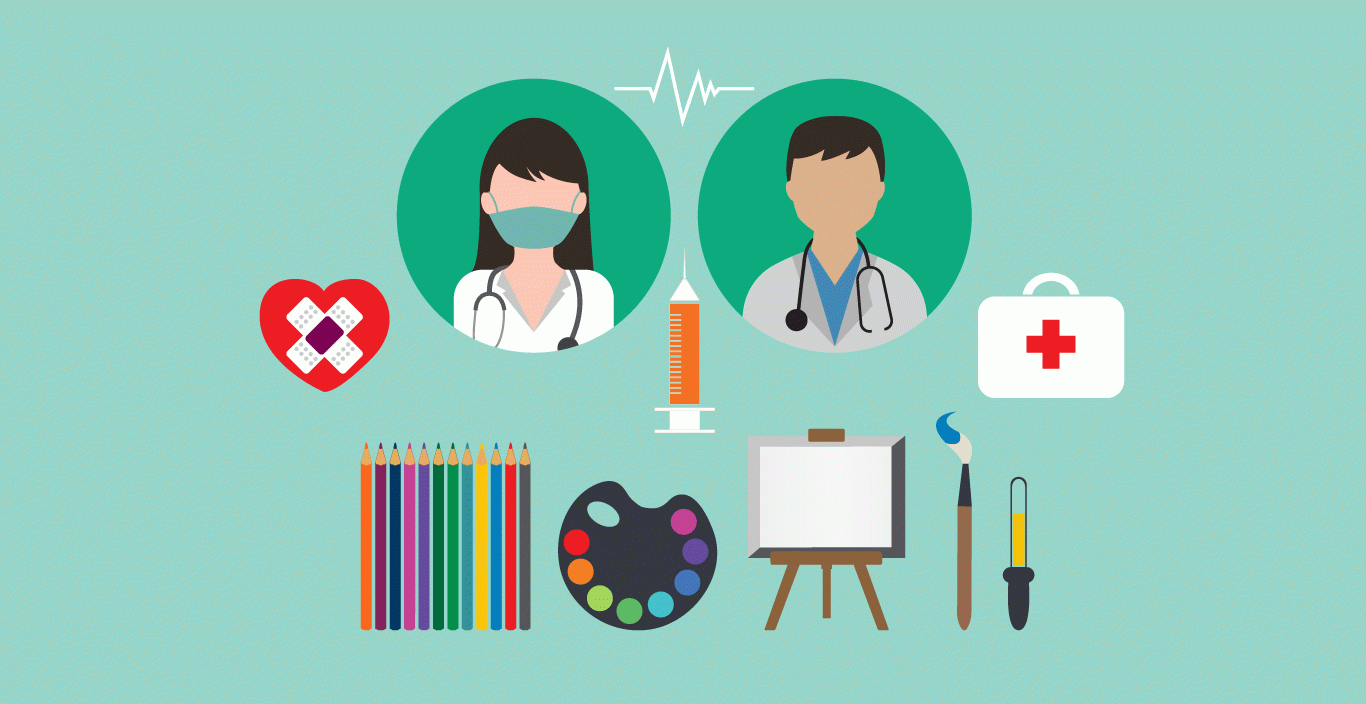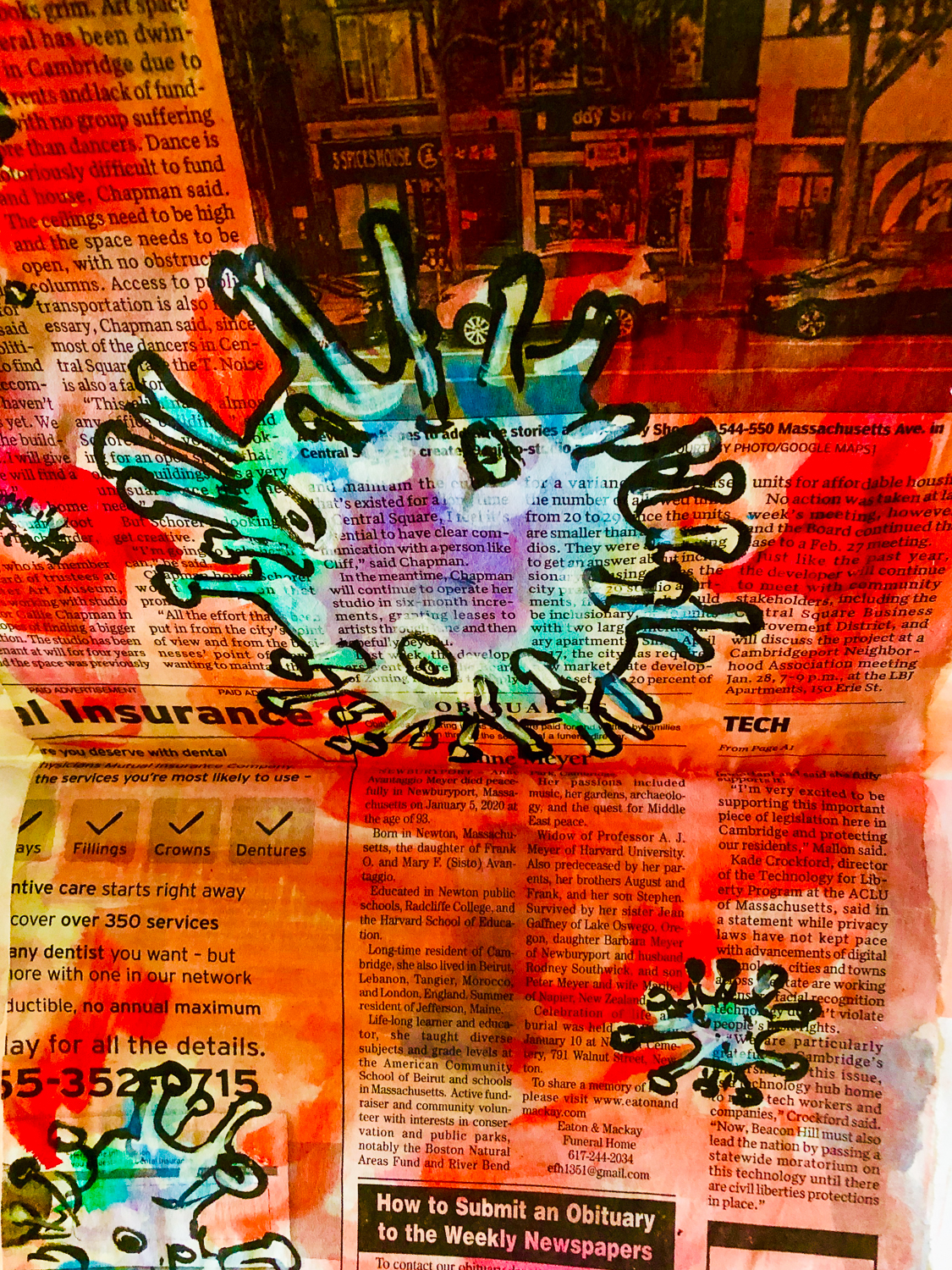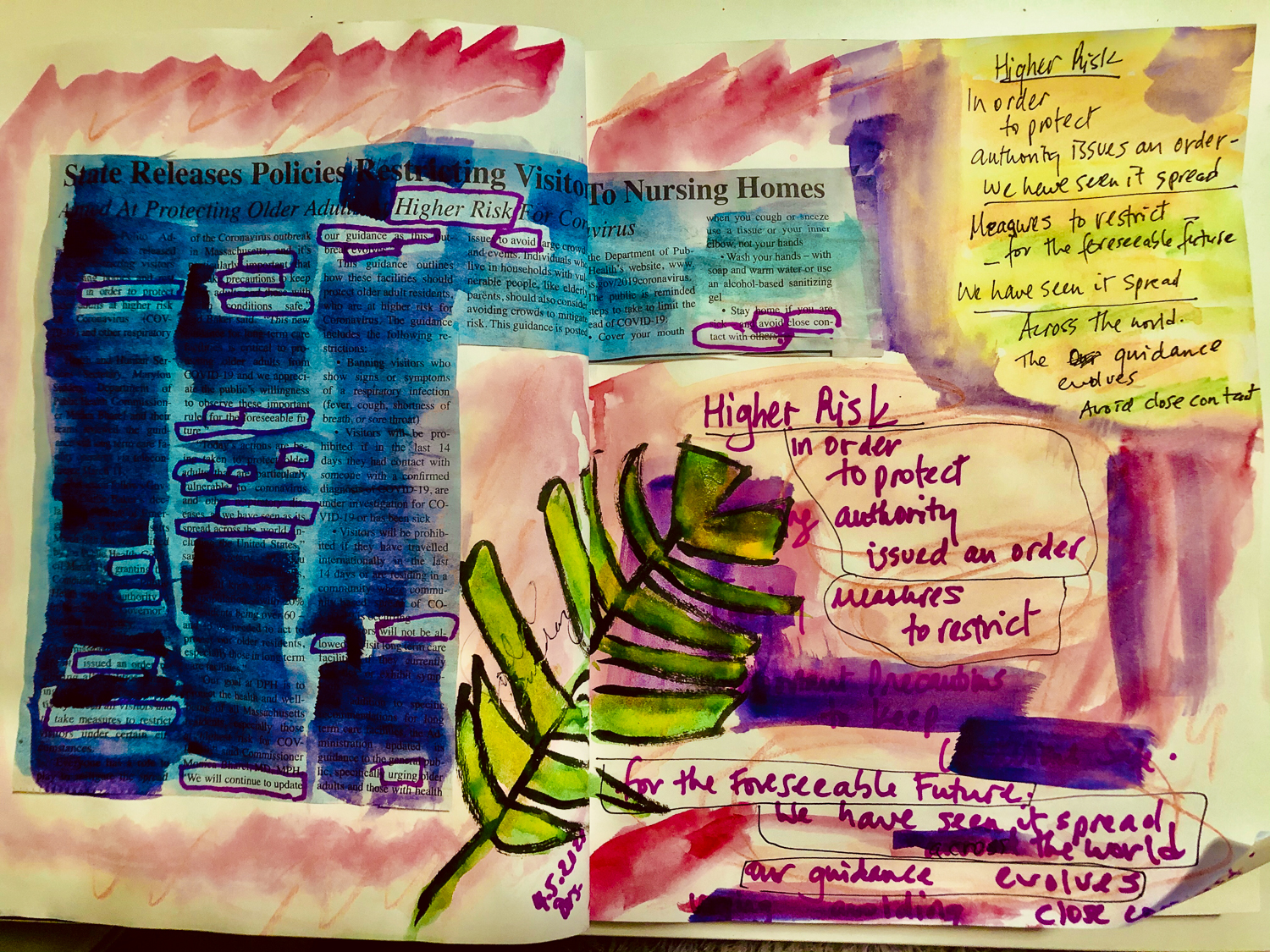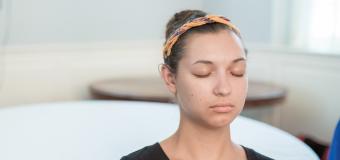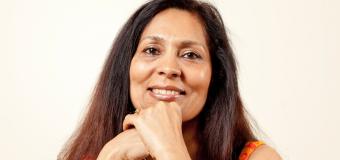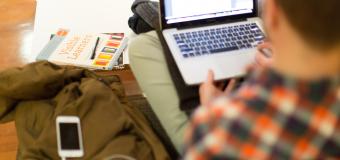Doctor Vectors by Vecteezy
Coronavirus has tested the physical and psychological capacity of doctors, nurses and other medical personnel, but who is caring for the caregivers?
That’s what Lesley expressive arts therapy professors Ara Parker and Jennie Kristel ’86 are doing. The two professional counselors have begun offering online group therapy sessions for people on the front lines of the coronavirus epidemic: doctors and mental health practitioners.
“The incidence of suicide amongst doctors at the best of times is extremely high. There’s very little for them and very little time available for them to seek out services,” said Dr. Parker, a registered art therapist, registered psychotherapist and certified counselor.
A few weeks ago, Parker connected with Dr. Hyun Ju Sung, a physician and former art therapy student of hers in Edmonton, Canada, who wanted to start weekly group sessions with other doctors.
“It is a tremendously stressful time for all of us,” said Sung. “As physicians, we put up our brave faces and look after our patients every day, but we do have fear and anxiety in this unprecedented time — patients we may not be able to save, fear of getting infected with COVID-19 at work, fear of passing it on to our loved ones, sometimes not feeling supported by administration or upper management, etc.”
She envisioned the sessions as a time of healing and mutual support.
Given laws about telehealth and the immediacy with which Parker and Sung wanted to start the sessions, they thought, “What if we didn’t call it a therapy session, didn’t take money, didn’t worry about insurance?” said Parker. The session would still be confidential, and all participants would need was a reliable internet connection and something they could draw with.
Sung put out a call to colleagues across Canada, and within 24 hours had a roster of 20 physicians.
“Most of them have never done art in their life,” said Parker.
To put everyone at ease about their level of artistic skills, Parker started the first meeting by asking the doctors to draw using their non-dominant hand.
The group fell into a comfortable silence around their virtual circle as they followed Parker’s prompts, including one physician whose child sat on her lap while they both drew with crayons.
“Art is a great tool…it is less intimidating, you have better control over how much you want to share or not share with others,” said Sung.
As they discussed their art during the 90-minute session, many expressed the emotions that have built up over weeks of battling the coronavirus.
“They could just lay their burden down and refill their tank a little bit through creative expression and artistic exploration,” said Parker.
Art for Our Times
With her online groups, Kristel is supporting other art therapists. Even as she faced the new, empty art therapy studio in her home where she’d planned to begin welcoming clients soon, Kristel sought a way to continue her work online.
She reached out to art therapy professionals on Facebook about starting an online group therapy program and received enough interest for two full cohorts. So far, people have joined from five different countries, and she has plans to open a third group.
“It’s a way for those helping other people to get help,” she said. Much of Kristel’s work has been focused on people who are experiencing secondary trauma, described as the emotional response to hearing a first-person account of trauma.
